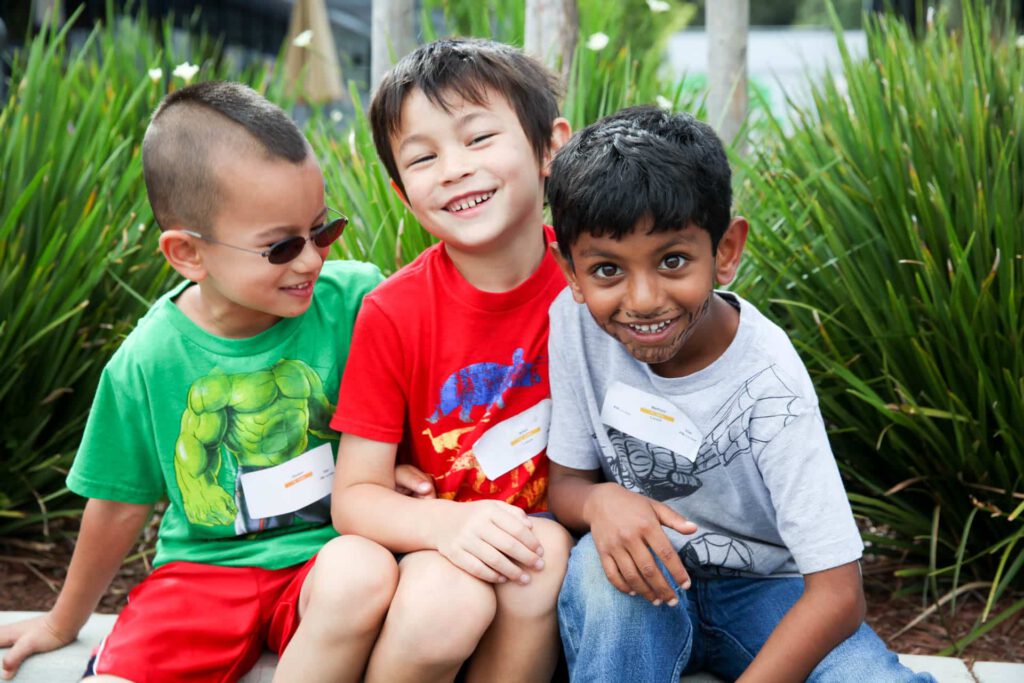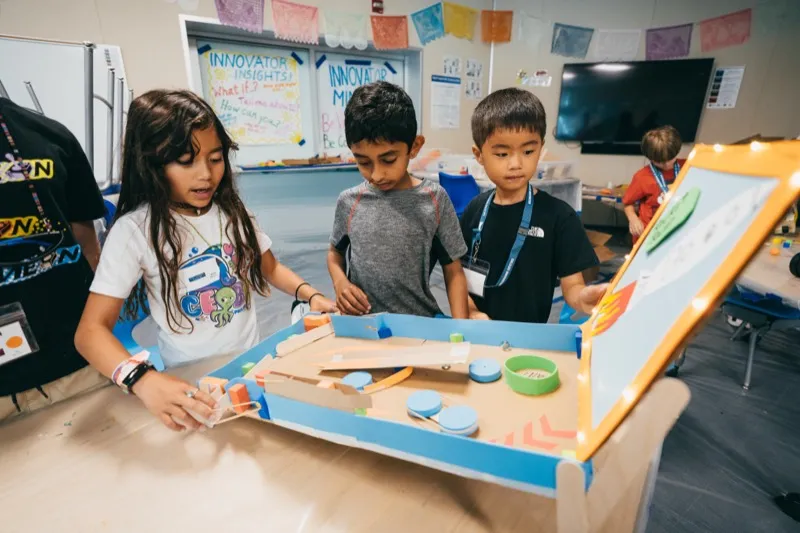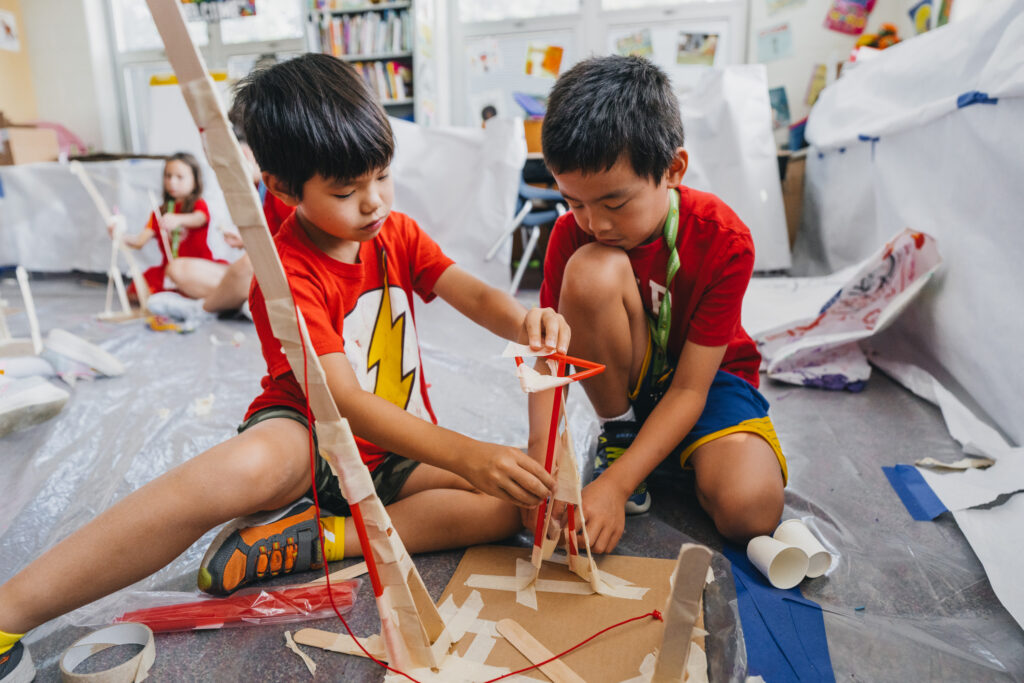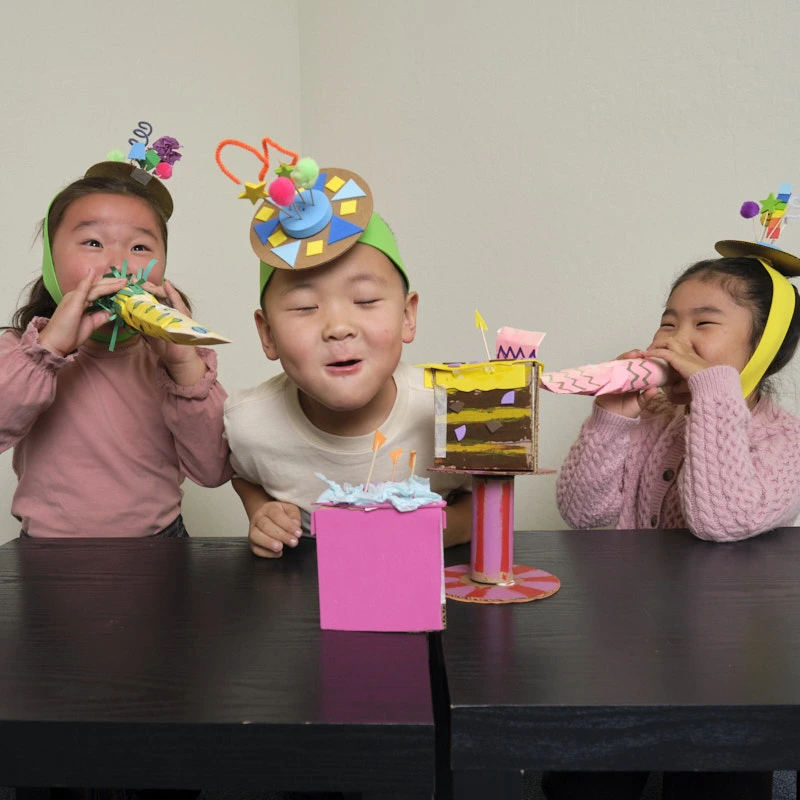Childhood can be hard. Kids are learning how to live in the world and developing ideas and opinions of their own, but don’t have a lot of control over their schedules or surroundings. And that can result in a lot of meltdowns—over having to be on time for swim class or not getting the cereal they want at the grocery store or being passed over for line leader at school or a million other little life dramas.
The best thing you can do as a parent is provide your child with the tools to overcome challenging moments. Raising resilient kids is about teaching them that failure, disappointment and rejection are part of life and that there’s always a way to overcome setbacks. By raising resilient children, you help kids understand their own ability to bounce back and grow stronger, no matter their age.
#1: Demonstrate Emotional Resilience
The behavior you model serves as a blueprint for your child’s own behavior. Kids keenly observe the way you respond to obstacles, and those observations inform how your kids will react to similar situations in the future. Just as Camp Galileo views mistakes as learning opportunities, t’s important for adults to own their mistakes and talk kids how they’re working to fix it.
Katherine Reynolds Lewis, author of the book The Good News About Bad Behavior, suggests that outbursts from children are natural. Like kids, adults experience anger, fear, dejection and a whole host of other emotions. Young kids are still learning how to label and process their emotions. Parents can remain even-keeled when kids are highly emotional to exemplify resilience.
Lewis also discovered that parents and children frequently synchronize their heart and respiratory rates. That means there’s a direct link between your composure and the composure of your child. So when you feel a situation escalating, take a breath, try to keep your facial expression impassive and try to avoid raising your voice.
Emoting is really important. When we honestly express our feelings, we let them out, rather than inadvertently taking pent-up feelings out on others. But we can show our kids how to express negative feelings calmly and take challenging situations in stride. And of course, when all else fails, remember that emotions are like the weather—they’re temporary.
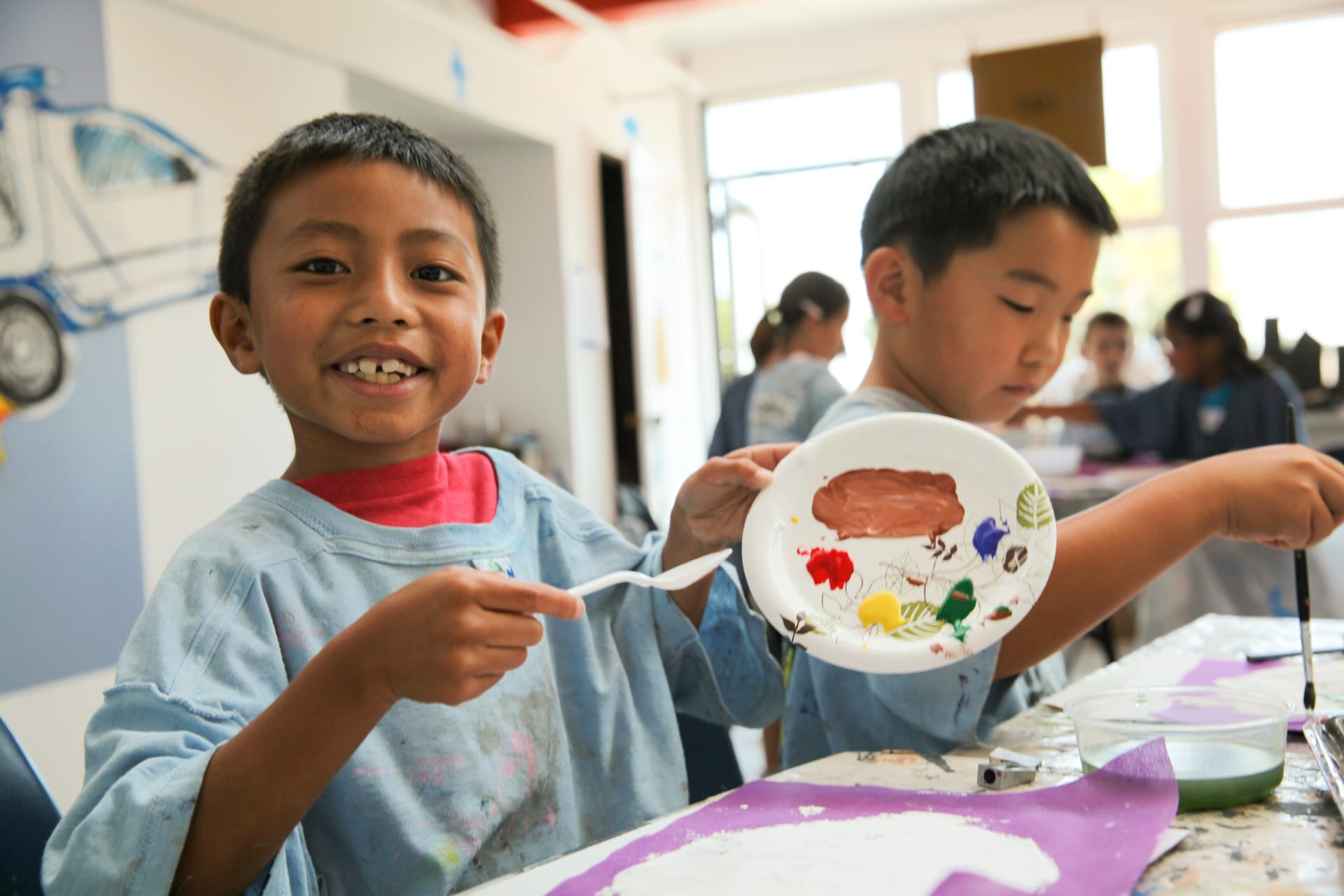
#2: Teach Your Kids How To Deal With Being Told “No”
Boundaries are essential for raising emotionally healthy children, but being firm about rules can be challenging, we know. It’s important for parents to acknowledge and empathize with what is upsetting their child , without giving in to out-of-bounds requests. (Easier said than done, we know.)
You might try dishing out your must-have limits with a side of hugs, or encouraging your child to fetch their calm down kit made up of objects and activities they can use to self-soothe. Developing healthy coping skills is part of helping children understand how to manage emotions and take care of their mental health.
Kids also need to learn to accept life’s little slights, like not being picked for a team, invited to a party or embraced as a friend by another child. Parents can help by explaining that they have other options and that, unfortunately, life isn’t always fair. Move your kids away from playing the blame game when they fail or don’t get exactly what they want. Instead, help kids focus on what they can build from the experience and how they can grow into more resilient children.
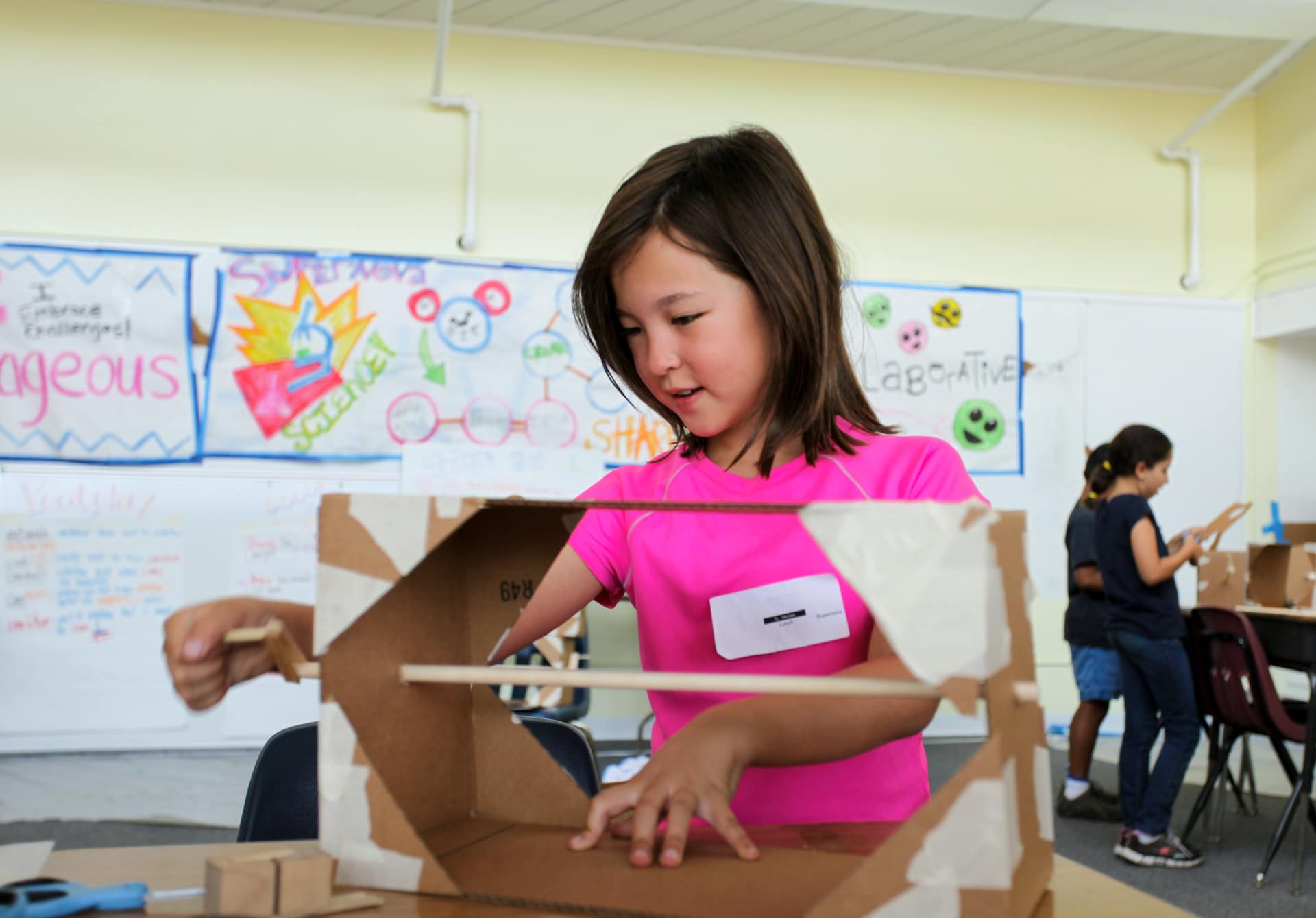
#3: Come To The Rescue Only When Necessary
Obviously, parents should intervene if their children are in real danger, but there’s a difference between dangerous situations and demanding ones. Kids will struggle to become independent adults if they always have someone swooping in to save them from difficult moments. Hard work is hard, but it helps children manage stress and prepare for real-life challenges.
Take a step back and let your child figure things out. You might be surprised by the inner strength they can muster. When they’ve exhausted all their options and still don’t get the outcome they want, turn their efforts into a teachable moment. Engage them in a discussion—not a lecture—about what happened and what they might try differently next time.
Letting kids work through challenges on their own doesn’t mean leaving them without any support. A research review on resilience found a strong link between a multisystem approach involving family, cultural and social factors and better mental health outcomes for kids. This supports the idea that when teachers, parents and other trusted people work together to guide children, they provide the steady support kids need to manage stress, practice healthy coping strategies and build stronger skills for handling any problem. Collaborative guidance helps children gain the confidence to take risks, strengthen their relationships and find positive ways to adapt. Over time, this kind of care equips kids for success at school, deeper friendships and healthier lives overall. By working together to give kids space to struggle, learn and try again, you start preparing them not only to survive challenges but to thrive because of them.
—
At Galileo, helping our campers develop resiliency is at the core of what we do. Our art, science and outdoor summer camps are all about having unforgettable fun while learning to embrace marvelous mistakes and take challenges in stride. To learn more about our camps in your area, click the button below to find a location near you.
